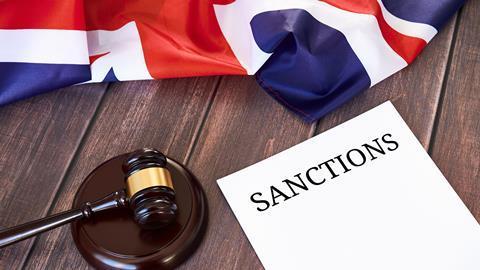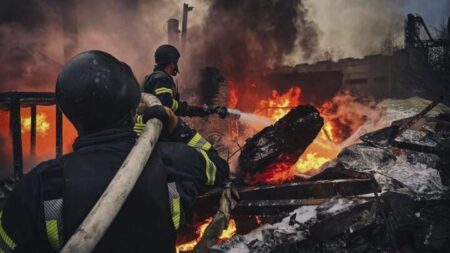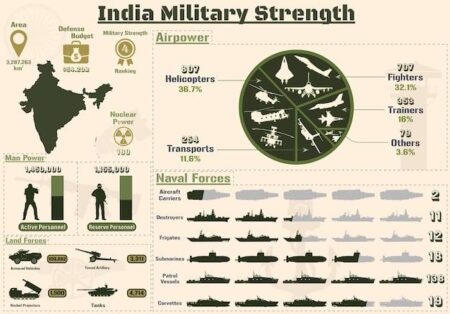The UK’s Decision to Lift Sanctions: A Transformative Step in Syrian Relations
In a significant change to its diplomatic stance, the United Kingdom has declared the removal of sanctions against several entities associated with the Syrian government. This pivotal decision represents a crucial juncture in the UK’s foreign policy regarding the protracted conflict in Syria. Amid ongoing humanitarian crises and increasing calls for enhanced aid support, this move illustrates the UK’s intricate balancing act between advocating for human rights and addressing urgent needs within Syria’s population. as global scrutiny on Syria escalates, this strategic shift prompts critical discussions about future international relations within the region and ongoing stabilization efforts in a nation devastated by years of civil strife.
Impact of Sanction Removal on Governance and Humanitarian Aid
The UK government’s recent action to lift sanctions on various Syrian governmental bodies signifies a notable alteration in international policy towards Syria. This development is likely to affect internal governance dynamics, potentially allowing President Assad’s regime to consolidate its power further. Experts indicate that increased access to resources could bolster governmental operations, influencing both political maneuvers and military strategies within Syria. However, such changes also raise concerns regarding their impact on an already delicate balance of power domestically and also broader geopolitical ramifications.
Furthermore, easing these sanctions is anticipated to transform humanitarian initiatives across war-torn regions of Syria.While theoretically facilitating greater aid distribution, practical challenges remain due to bureaucratic hurdles and security issues faced by many organizations working on the ground. Although funding for relief efforts may see an uptick, it is imperative that these organizations ensure assistance reaches those most affected without inadvertently empowering government forces.
| Area of Impact | Anticipated Changes |
|---|---|
| Governance Dynamics | – enhanced regime authority – Greater control over administrative frameworks |
| Humanitarian Initiatives | – Increased financial support for NGOs – Challenges ensuring aid reaches intended recipients effectively |
| Geopolitical Landscape | – Shifts in relationships with neighboring nations – Potential rise or decline in regional conflicts or collaborations |
Evaluating UK-Syria Relations and Regional Stability Post-Sanctions Lifted
The lifting of sanctions against multiple Syrian government entities signals a transformative moment for UK-Syria relations that could foster improved dialog amidst ongoing regional instability. Analysts predict this shift may lead to better cooperation concerning humanitarian assistance distribution and reconstruction efforts within war-affected areas—potentially alleviating some suffering among Syrians enduring prolonged conflict.
Critics caution that relaxing these restrictions might inadvertently legitimize actions taken by Assad’s governance while undermining demands for accountability related to human rights violations.
This policy change could also resonate throughout the Middle East as neighboring countries reevaluate their stances toward Syria based on new developments from London. key factors warranting attention include:
- Syria’s Reintegration into Regional Organizations: The potential return into bodies like the Arab league could enhance its stability.
- Effects on Iranian Influence:Changes from Western policies might alter Iran’s strategic goals concerning its involvement in Syria.
- Overall Security Context:Implications for counter-terrorism strategies and mechanisms aimed at resolving conflicts.
Strategies for Monitoring Compliance and Ensuring Accountability Post-lifted Sanctions
A robust framework must be established following this sanction removal process so that it does not lead back into cycles of human rights abuses or corruption within Syrian governance structures. Collaboration among international agencies, independent oversight groups, along with local civil society organizations will be essential moving forward.
- Routine Audits:Implement systematic evaluations focusing on financial practices among sanctioned entities ensuring adherenceto global standards.
- Clarity Measures:Establish protocols requiring public disclosure regarding funding sources alongside expenditures tied directlyto governmental projects.
- Community Involvement:Encourage partnerships with local populations promoting reporting mechanisms relatedto resource misuse or violations occurring at any level.
- <
International Oversight:
Create avenues through which global institutions can closely monitor activities while providing guidance surrounding best compliance practices.Additionally , accountability measures should be integrated effectively deterring potential misconduct . Establishing frameworks capable investigating grievances thoroughly remains vital . Consider implementing strategies such as :
- <
<strong whistleblower protections :< / Strong Enact complete safeguards protecting individuals who report unethical behavior guaranteeing anonymity safety .
. . .<th monitoring strategy >
<th expected outcome>
<td regular audits >
<td increased transparency reduced corruption.>
<td community engagement >
<td enhanced reporting trust governance.>
<td whistleblower protections >
<td heightened reports unethical conduct.>
<h2 id = "conclusion" To Conclude
The UK's recent decision lifting sanctions against several Syrian government bodies marks an critically important milestone amid complex dynamics surrounding ongoing conflicts . This initiative aims primarily at facilitating humanitarian assistance while fostering stability reflects nuanced approaches tackling entrenched crises lasting over ten years now . As various stakeholders reassess their strategies responding shifting geopolitical landscapes implications stemming from this choice will require close observation particularly concerning both relief efforts political interactions evolving throughout region .
As circumstances continue changing , members international community face challenging task balancing diplomatic engagement necessity holding accountable justice seeking aspirations expressed by people living under duress inside borders .
. . . . . . . . . . . . . . . . . . . . . . . . . . . . . . . . . . . . . . . . $ $ $ $ $ $ $ $ $ $ $ $ $ $ $ $ $ $ $ $ - - - - - - - - - - - - - - - - - - - -




